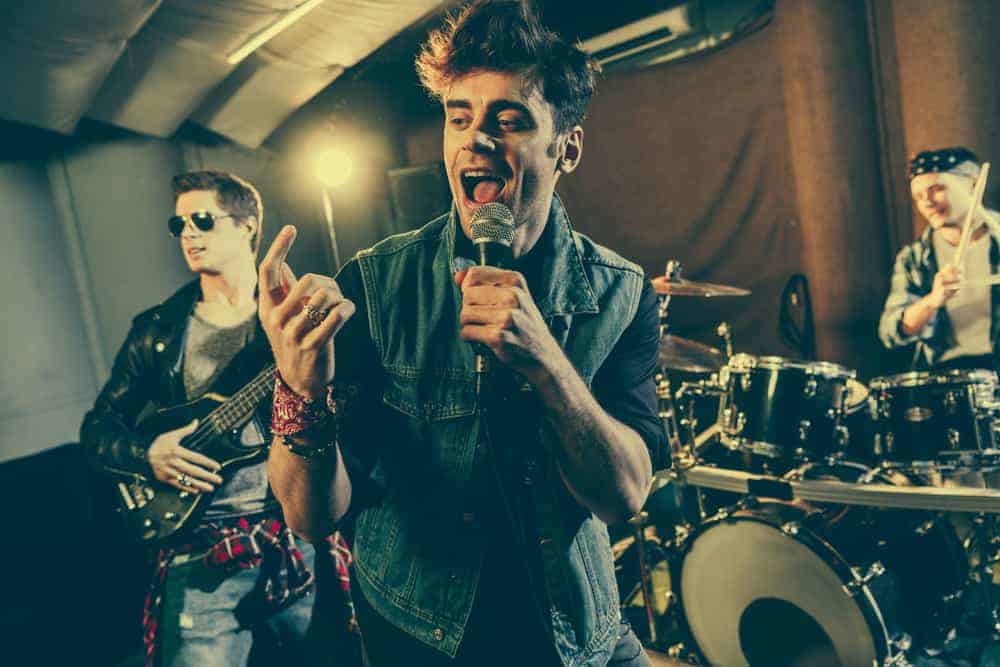Ever seen a performer who was so thoroughly engrossing, so present in the moment that you couldn’t take your eyes off of them? They’re singing their heart out, cracking jokes, running across stage, and doing crazy dance moves. That performer had stage presence.
Stage presence, simply put, means you’re present on stage. You’re there, not wishing you were somewhere else. People showed up to your concert and probably paid to be there. So you should show up and perform for them.
Strong stage presence can make the difference between a boring, forgettable show and a fun show people will tell their friends about. It could help turn a casual fan into a super fan, or a super fan into a business partner.
So here are a handful of things I’ve learned about stage presence — from my experiences on stage and from watching other artists perform.
